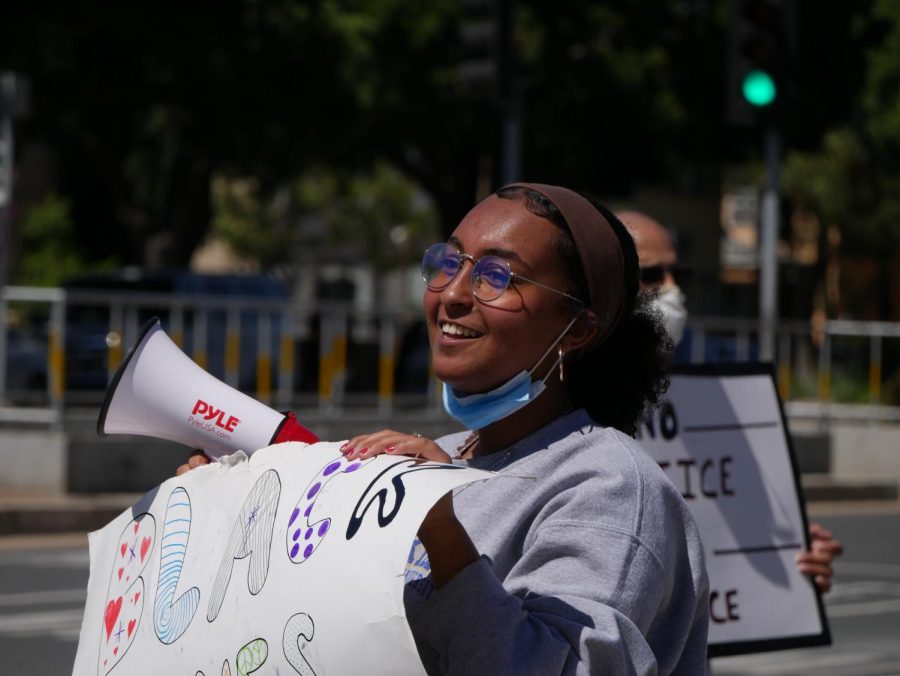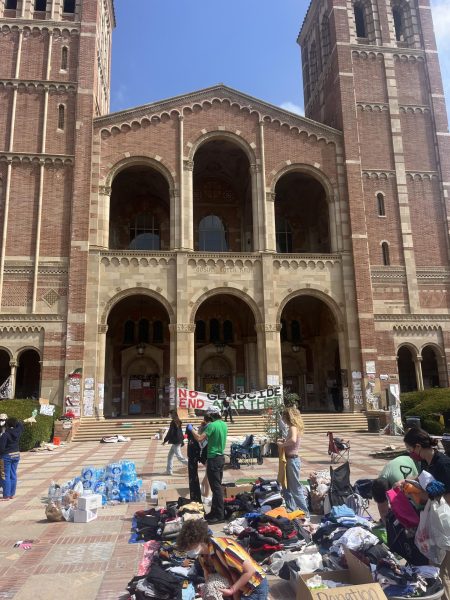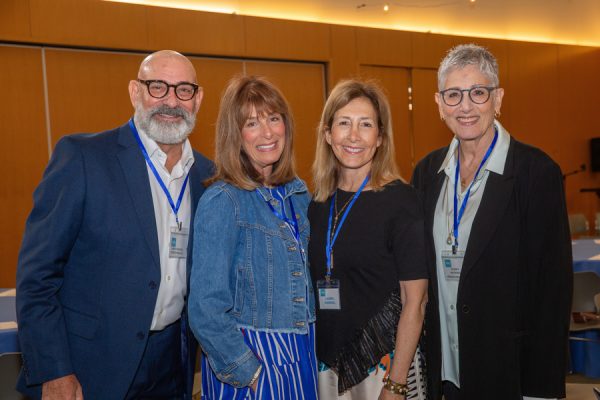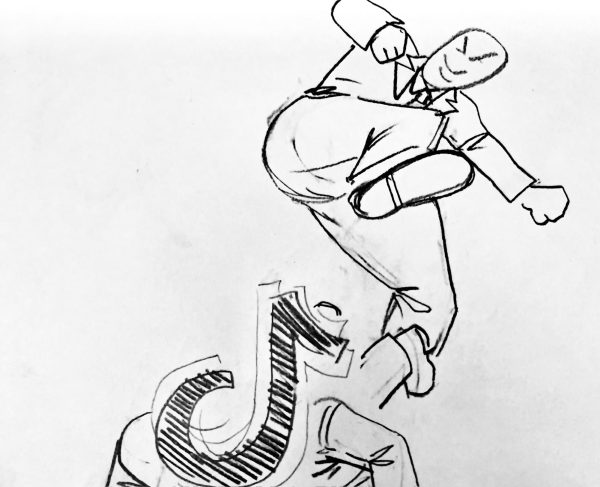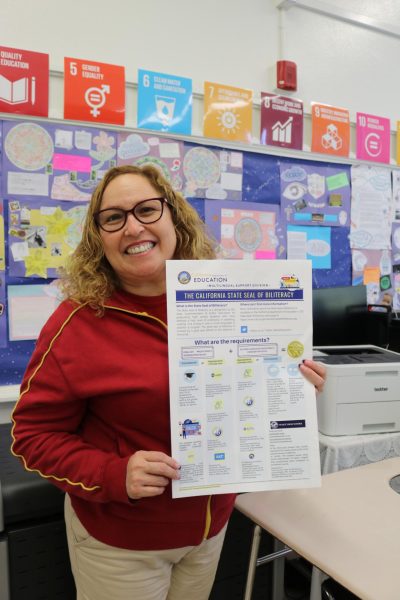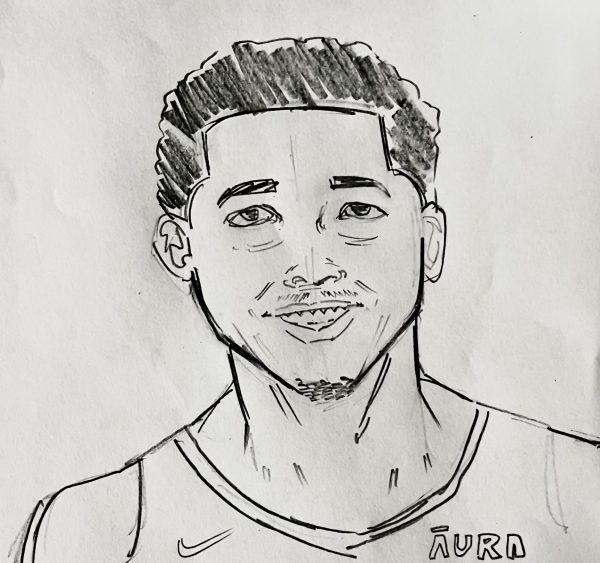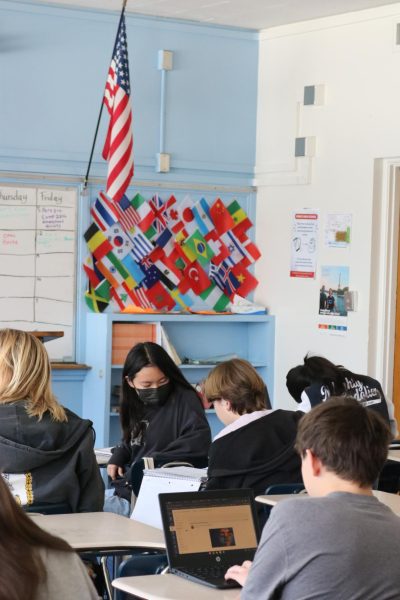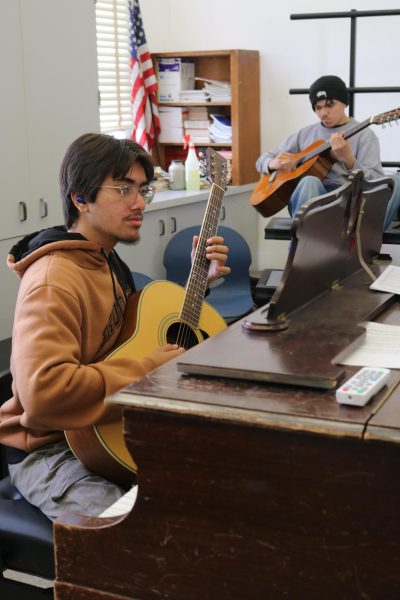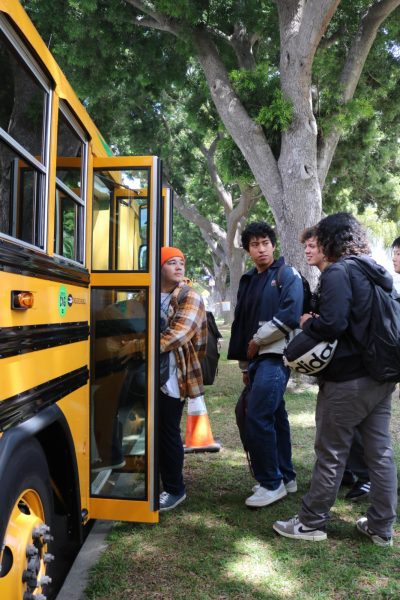School Discipline Reimagined After Board Approves to Defund LASPD
Tiya Mengasha at a BLM protest held at Venice High School in the summer of 2020.
Last month, the LAUSD Board of Education approved to divert $25 million from the Los Angeles School Police Department budget to various counseling services to improve education for students.
The budget will now be used to fund positions such as climate coaches, restorative justice coordinators, school nurses, academic and college counselors.
Venice High is among the 53 LAUSD schools identified as high priority for this new funding because of its 200+ black-identifying student body.
In total, $36.5 million will now be allocated for these different positions: $25 million from LASPD (35% of their original $70 million budget) and $11 million from the general budget fund.
The board also approved to cut a third of the current LASPD force and ban the use of pepper spray on students.
After the Minneapolis police killing of George Floyd ignited a national debate around the role of police in the summer of 2020, many began questioning and reflecting upon the need for aggressive and highly funded school police.
“This student and community-driven action was long overdue,” said Nick Melvion, a member of LAUSD’s Board of Education. “We will continue working toward our goal of providing every child with the opportunity to succeed and meeting the unique needs of our local school communities.”
Venice will lose its one full-time officer.
“I think we will be fine,” Principal Gabriel Griego said. “I will just make sure everybody steps up their game a little bit more now that we’re not going to have police on our campus.”
Even though there will no longer be a full-time officer, Venice High will still have several options to provide traditional safety. Several security guards will still be present on campus and Venice’s disciplinary deans will aid in any incidents that arise.
Griego added the Los Angeles Police Department is also an option if necessary.
While students were on campus, Griego said school police were only used in serious situations, like when students were caught with contraband or in events that could get students arrested—regardless of being on school grounds or not.
While Griego is keen on student safety, especially with Venice High’s open campus, he is excited for the preventive and social-emotional support that will be more present on campus.
“These funds could go to preventing our kids from going the wrong way or from making the wrong choices,” he said. “Instead of having a lot of people be there when you make the mistake, we will have more resources to prevent the mistake.
“I’m glad there is going to be more money allocated for that.”
Those on Venice High’s Racial Justice task force, founded at the end of 2020, feel similarly about the need for more preventive support. The committee, consisting of more than 20 teachers, have put forth an agenda to identify how school-wide policies and structures are not serving its BIPOC (Black, Indigenous, and People of Color) students and families. They also hope to develop a list of recommendations to move forward toward a more racially just school.
Tyler Fister, a member and co-founder of the task force, explained that, in his experience,the most successful schools he has taught in are the ones that aren’t afraid to talk about race in the classroom.
“I think if we don’t do that, we’re not doing our job as serving the multiplicity of identities that are at Venice,” he said.
Fister shared that a few students are concerned that the lack of school police will leave Venice more vulnerable to external threats.
“They didn’t defund the police completely,” Fister said. “What they’re trying to do is look at all the other programs that haven’t been funded or are often cut, like restorative justice coordinators, counselors, psychiatric social workers, and how we can make those jobs more sustainable.”
Venice currently has two psychiatric social workers for a student body of more than 2,000.
“Safety means you feel comfortable,” Fister added. “You can be vulnerable and feel supported.
“When I feel safe, I feel like I’m able to move freely in an area. When there’s police around, sure, some folks are going to feel like they are—but other folks we know, based off of the racial history of police, that’s not the case.”
Now that the narrative of racial justice in schooling is being financially supported, Fister said the task force will “re-envision what our work is in relationship to the narrative.”
There are detrimental effects of having school police in school with predominantly students of color, said senior Tiya Mengesha, an activist with Students Deserve—one of many grassroots social justice organizations that made this funding for students possible.
“You need to realize that these are kids,” said Mengesha, the daughter of two Black immigrants. “You’re policing literal kids. Discipline is not a slap on the wrist—this is going on their records, this is affecting students and ultimately affecting their future in regards to career endeavors.”
Over the summer, Students Deserve had several demonstrations and protests to speak with LAUSD’s Board of Education about defunding school police.
Mya Edwards ’20, a bi-racial Black and Latina-identifying student leader with Student Deserve, was heavily involved with speaking to board members during the summer on the topic of defunding school police.
Edwards recalled one of her most impactful speeches that shocked the board.
“What more do y’all want?” she remembered saying to LAUSD Board Members over Zoom. “Do you guys want something like George Floyd’s incident to happen in a school with police? Do you really want something like that to happen?
“You’re here saying that you need the data, you need this, you need that—but what if this were to happen, what would you do then?”
This victory did not come easily, according to Edwards. Student leaders from all over LAUSD schools have been fighting for this since the summertime. Constant virtual assemblies, community and student organizing and petitions all contributed to this groundbreaking win.
Edwards emphasized the necessity for the grassroots organizations that fought for this funding to be included in the conversations with the board about where it will directly go into schools.
“The organizations that worked to get this money defunded need to be implemented inside of those board meetings,” Edwards said. “They need to be invited to be the core staff. They need to be the ones who are creating the agenda.
“That’s the best way that the board and LAUSD will be held accountable.”
Mengesha added that it will ultimately be up to these organizations to hold LAUSD accountable.
“It’s up to what the board says, but we constantly have to keep fighting,” she said. “If we have to babysit them so we know that money is going to the places that we originally wanted them to, then that’s what we’re going to have to do.”
Edward and Mengasha still feel that more money could be invested into students’ futures, but they are proud to have been a part of the grassroots that have aided in breaking the glass ceiling for LAUSD’s BIPOC students.
“We’re rewriting history.” Edward said. “We’re writing our own history right now. It feels so monumental to be a part of something this big that is going to have a positive effect on so many people. My little cousins are never going to need to worry about police at school.
“I’m so excited for my family and for so many other families.”

